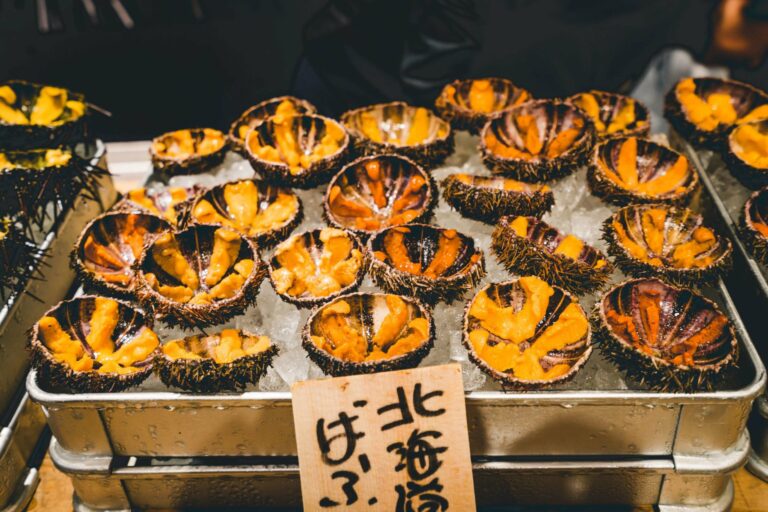Introduction: Exploring Japanese Cuisine
Japanese cuisine is renowned for its intricate flavors, unique ingredients, and beautiful presentation. From sushi to ramen, Japanese cuisine has become incredibly popular worldwide. Japanese cuisine has a rich history, and its influences can be traced back centuries to specific cultural groups, including the samurai and warrior culture.
Overview of Samurai and Warrior Culture
The samurai were a warrior class in feudal Japan who served as bodyguards, protectors, and soldiers for nobility. They were renowned for their discipline, honor, and bravery in battle. Samurai culture was highly focused on martial arts, discipline, and respect for tradition. They were also known for their distinctive dress and weaponry, including the katana sword and armor.
The Role of Food in Samurai and Warrior Culture
Food played a vital role in samurai and warrior culture. Samurai were trained to have a strict diet that was high in protein to build their strength and endurance. They also valued simplicity in their meals and believed in only consuming what was necessary to survive. Additionally, the samurai practiced a form of meditation called “Chaji,” which involved preparing and serving tea, a practice that is still prevalent in modern-day Japanese tea ceremonies.
Influences from Samurai and Warrior Culture in Japanese Cuisine
The samurai and warrior culture have had a significant influence on Japanese cuisine. The emphasis on simplicity and natural flavors is evident in the way that Japanese dishes are prepared. The use of fresh ingredients, such as seafood, rice, and vegetables, is a reflection of the samurai’s diet, which was focused on healthy, wholesome foods. Additionally, the importance placed on presentation and aesthetic beauty in samurai culture is evident in the way that Japanese dishes are plated and served.
Examples of Samurai and Warrior-Influenced Dishes
Some dishes that are heavily influenced by samurai and warrior culture include sushi, which was initially consumed as a portable food for samurai, and ramen, which was a popular food among soldiers during World War II. Other dishes that reflect samurai culture include miso soup, yakitori, and soba noodles.
Conclusion: The Legacy of Samurai and Warrior Culture in Japanese Cuisine
In conclusion, the samurai and warrior culture have had a significant impact on Japanese cuisine. The emphasis on simplicity, natural flavors, and aesthetic beauty is evident in the way that Japanese dishes are prepared and served. The legacy of the samurai and warrior culture lives on in modern-day Japanese cuisine, and their influence can be seen in some of the country’s most popular dishes.

